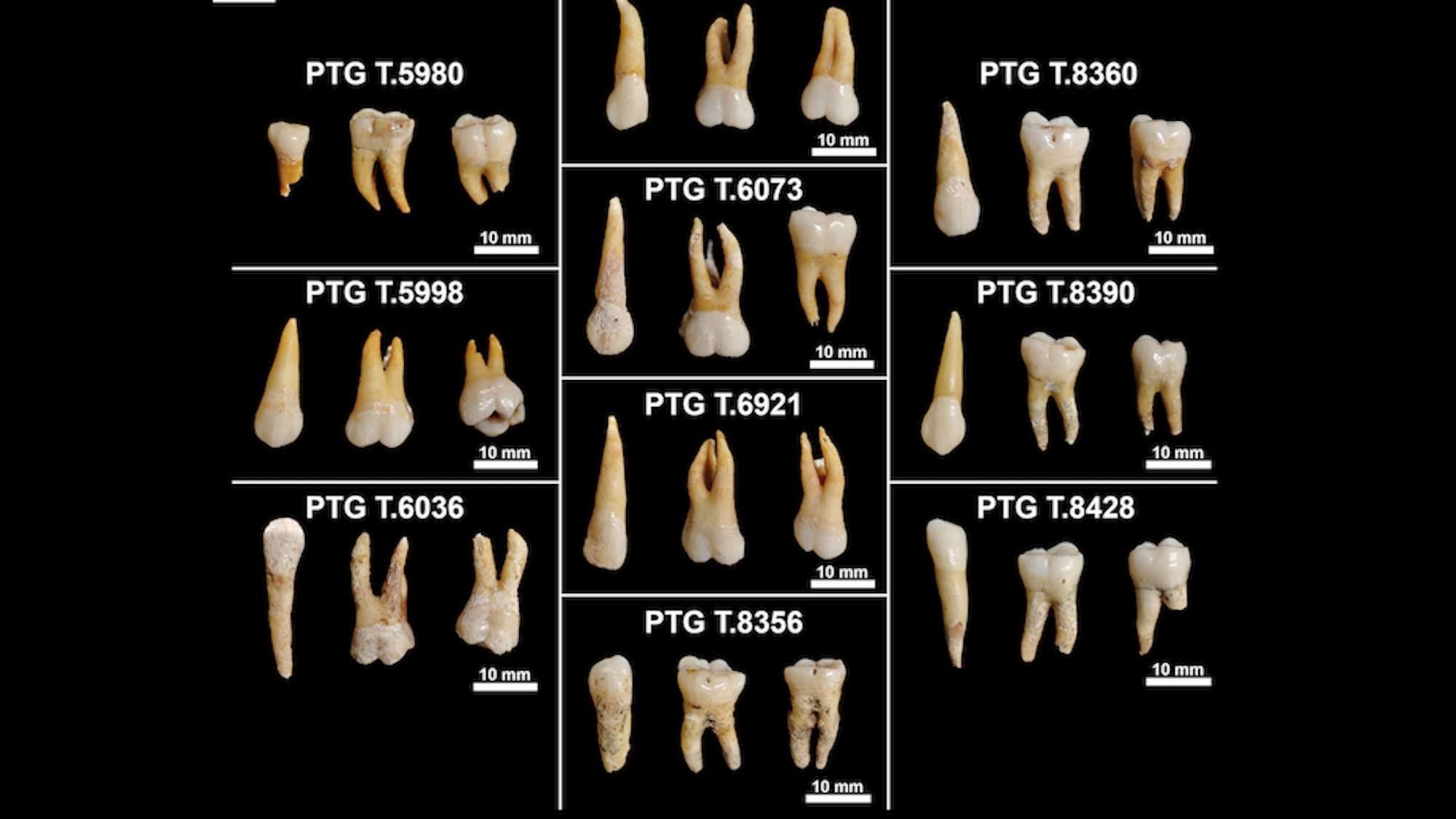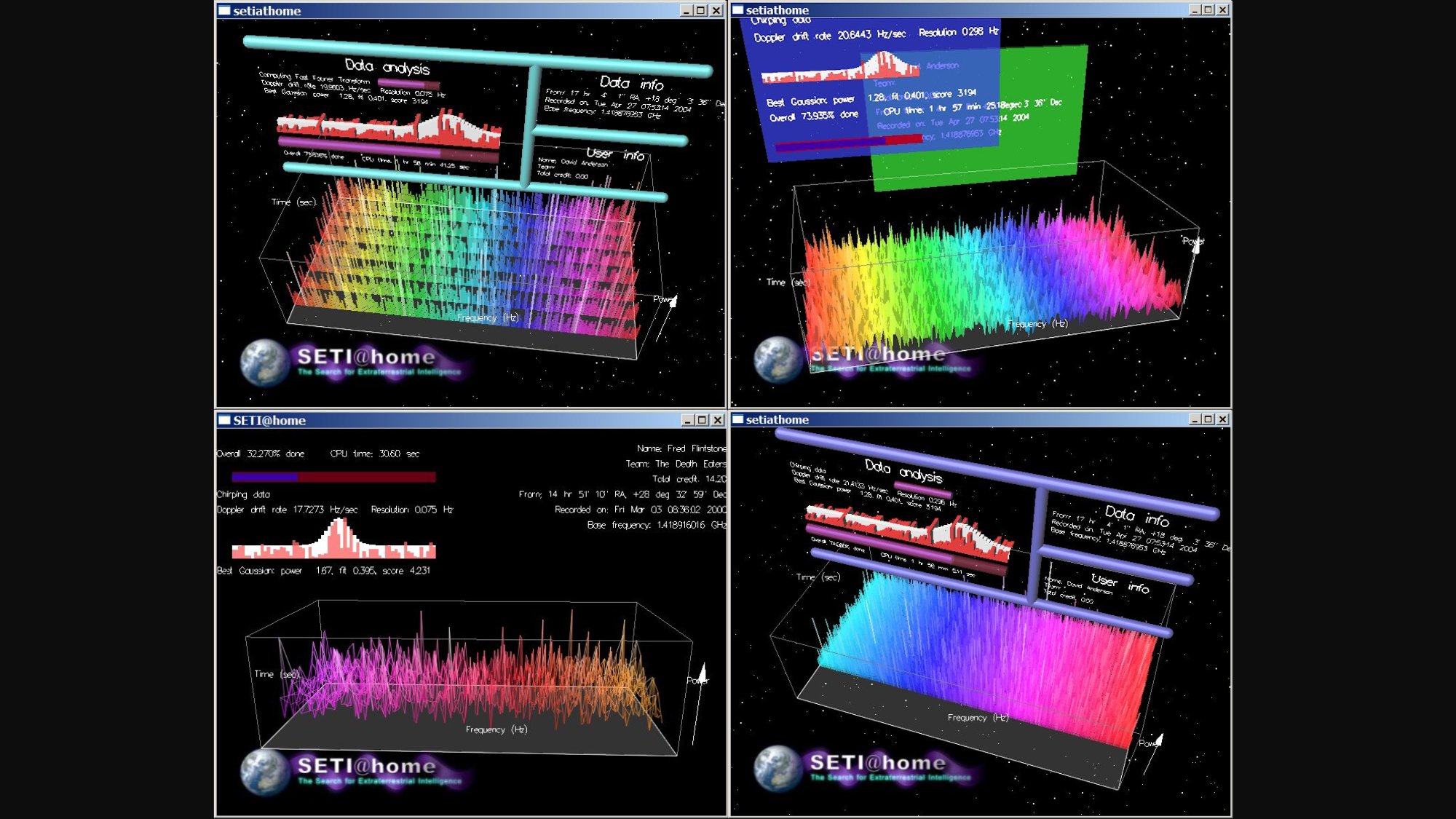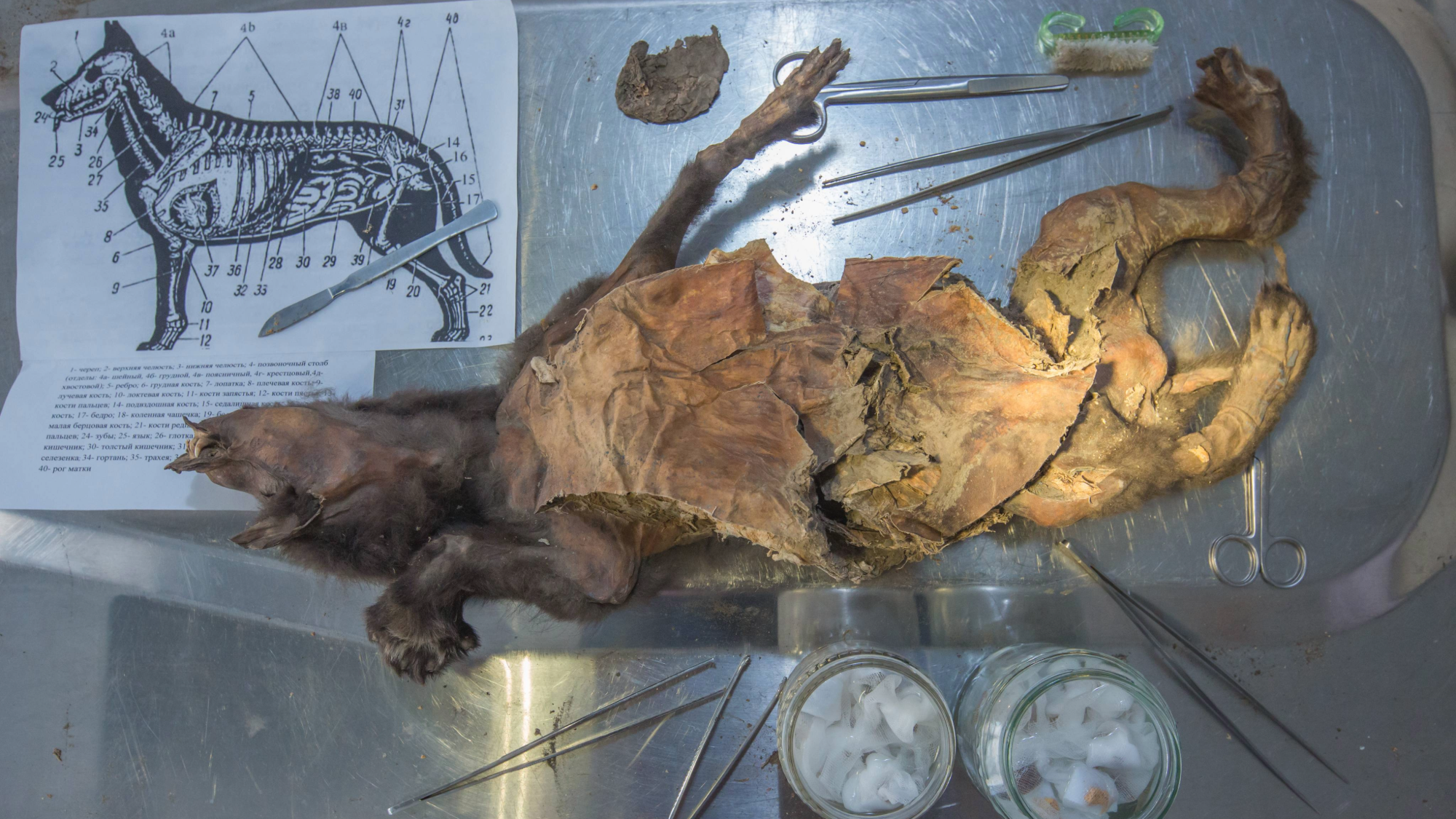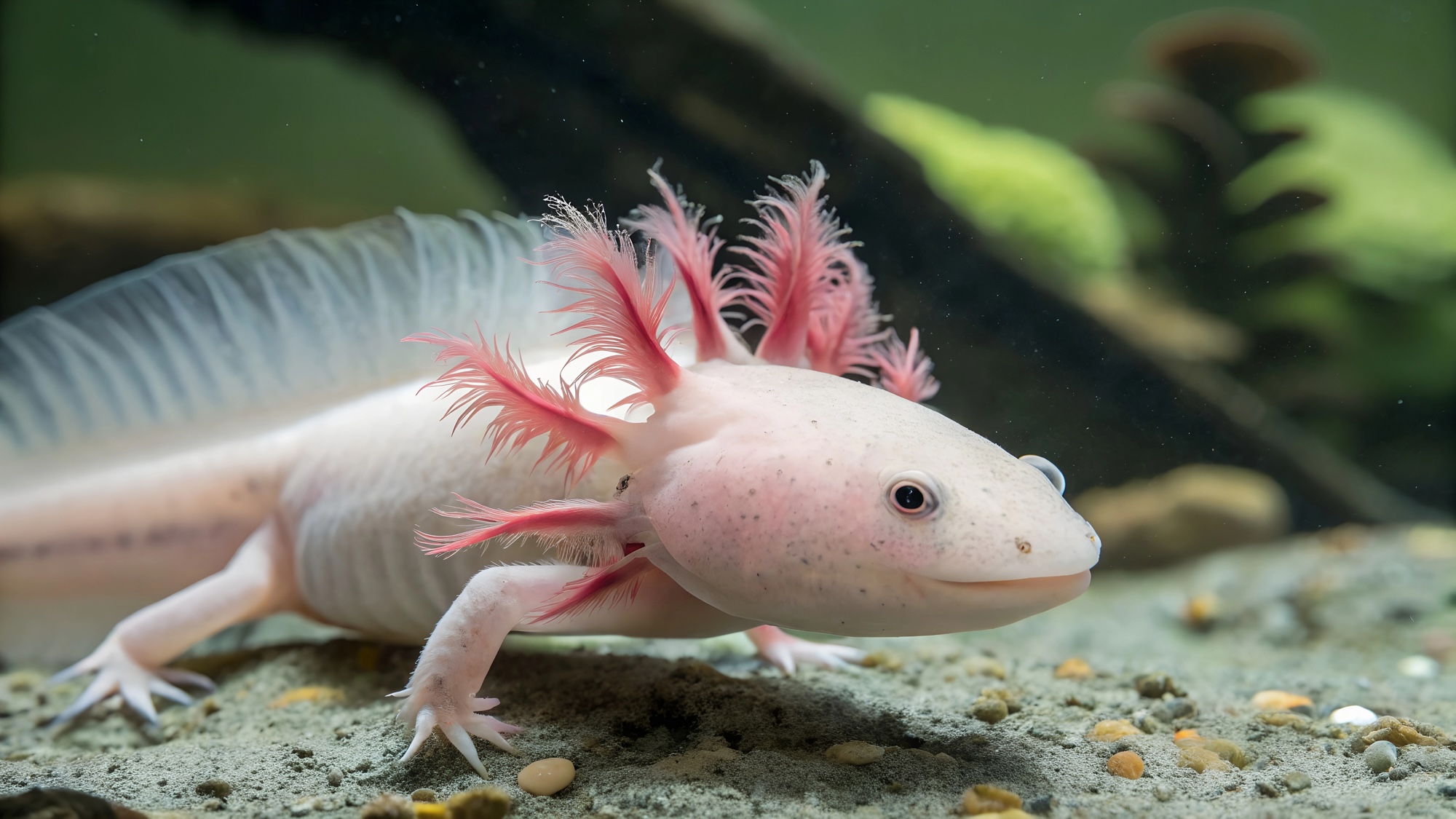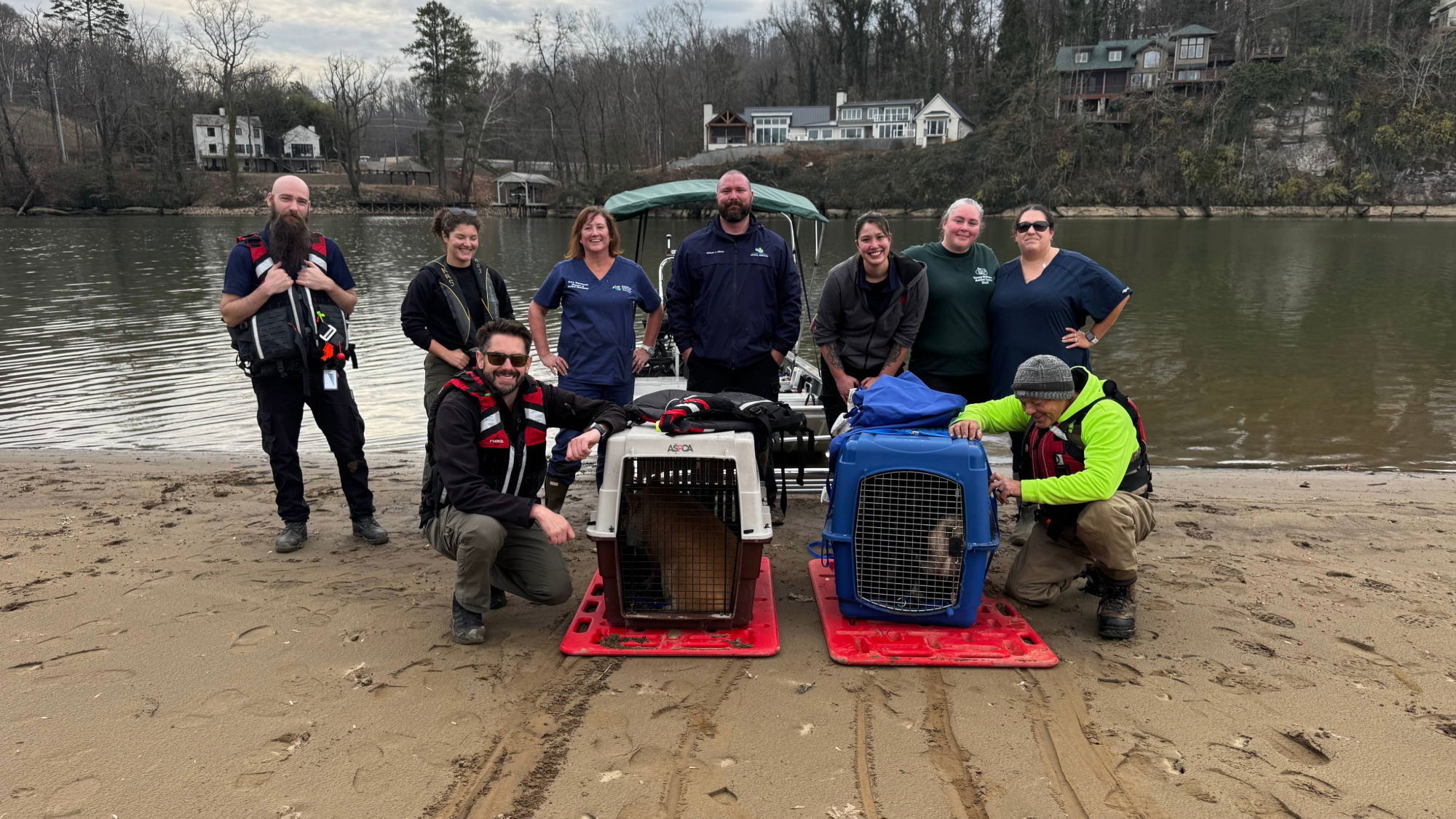Without dinosaurs, there’d be no Thanksgiving dinner
NeutralScience
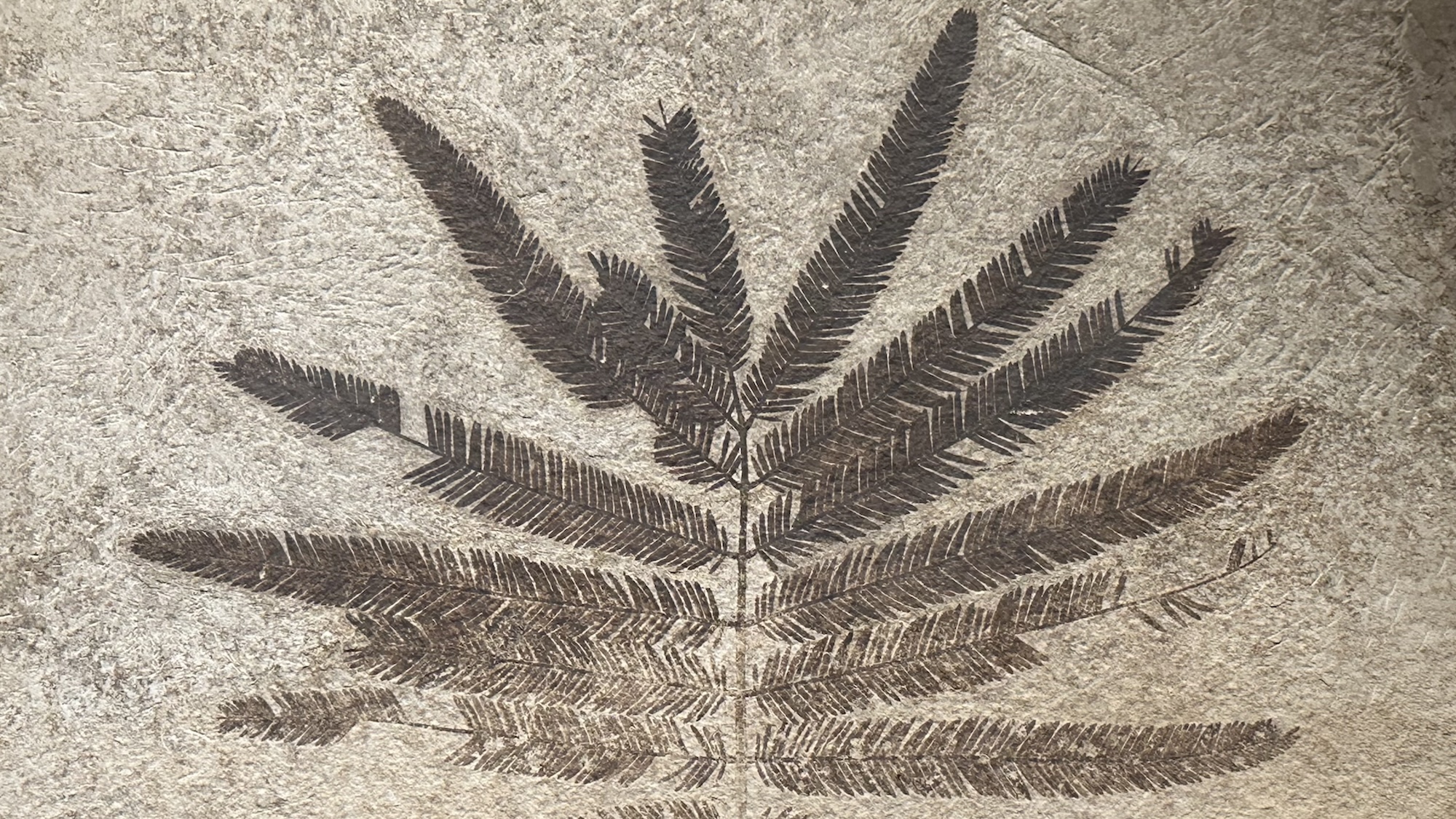
- The evolution of today's popular Thanksgiving side dishes can be traced back to events that occurred 66 million years ago, highlighting the significant impact of dinosaurs on modern cuisine. This connection illustrates how ancient life forms have shaped the agricultural landscape we know today.
- Understanding the relationship between dinosaurs and contemporary food practices emphasizes the importance of evolutionary history in shaping current dietary traditions, reminding society of the interconnectedness of life across time and its influence on cultural practices like Thanksgiving.
— via World Pulse Now AI Editorial System

